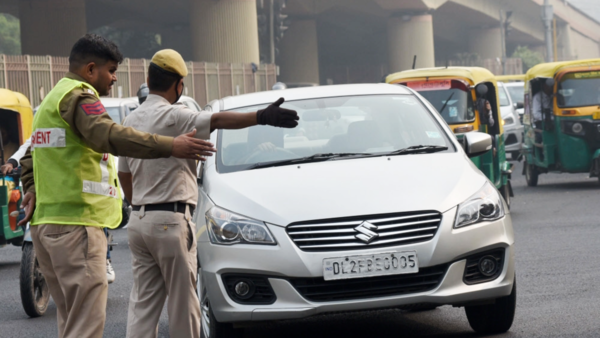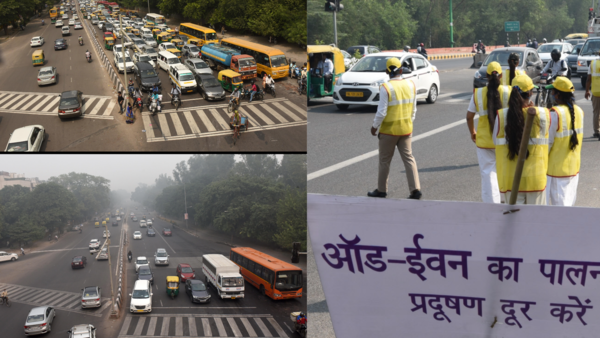
Are vehicles the main cause of pollution:
While vehicles are certainly a considerable source of pollution in the capital city, it has been well established in various studies conducted by IIT and other agencies, that Delhi’s annual peril with severe AQI is a combined result of vehicular emissions, road dust, construction, industries, coal power plants and stubble burning in neighbouring states. An IIT-Kanpur study conducted in 2015 stated that one of the biggest contributors was actually road dust, contributing to 35 percent of PM 2.5 particles. Moreover, while passenger vehicles only contributed to 14-15 percent of pollution. It was commercial diesel trucks that contributed a higher 25 percent to the total vehicular pollution.
Driving a Ferrari 296 GTB for the first time: Road trip from Delhi to Jaipur vlog | TOI Auto
However, in response to the 2015 IIT study, the National Green Tribunal (NGT) mentioned several gaps in the study. Discrepancies such as incorrect vehicle population, no change in PM 2.5 levels despite lower pollution, why there wasn’t a reduction of PM 2.5 levels during holidays and weekends and more were pointed out.
Despite the Supreme Court’s challenge, the Delhi government argues that lesser congestion and free movement of traffic during odd-even helps reduce pollution in the city as this avoids the build-up of ground ambient air which is another big contributor to PM 2.5 levels and pollution.
Is it the best course of action?
While the data from the Supreme Court’s amicus curiae and earlier studies suggest that vehicular emissions one of the multiple sources of pollution in Delhi, they surely aren’t the key contributor. Hence, causing a major inconvenience to Delhiites during this period may not seem justified when looking at the overall contribution of passenger vehicles to pollution. Delhi currently has a ban in place for BS3 petrol vehicles and BS4 diesel vehicles to ensure that older, poorly maintained vehicles do not enter the city and make matters worse. However, considering that the odd-even scheme would bring out-of-state registered CNG cabs also in its purview, the limitation to mobility versus the vehicular contribution to the capital’s AQI, may not seem justified.

Considering the available data, the odd-even scheme doesn’t seem to be worth the minor reduction in pollution at the cost of major inconvenience to commuters. It should be noted that not everyone owns or can own two cars and even all who own two cars cannot have an even and odd by choice. Hence, any random or last-minute decisions end up causing problems for the common people who have to change their schedule, which isn’t possible in all cases. The best course in such a scenario then would be to focus on phasing out old vehicles that do not comply with present standards, improving vehicle health monitoring and trying to lower commercial vehicle emissions at the same time. Let us know what you think is the right approach to fight pollution without causing commuter woes.
